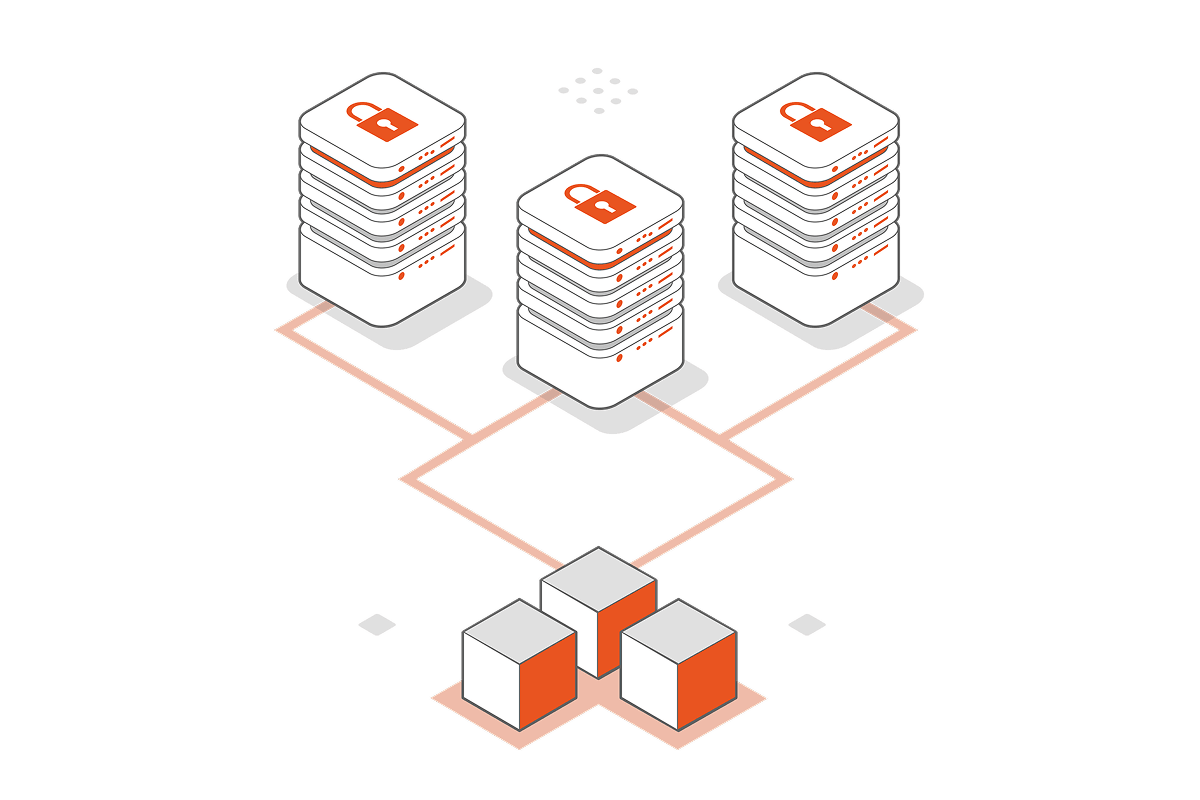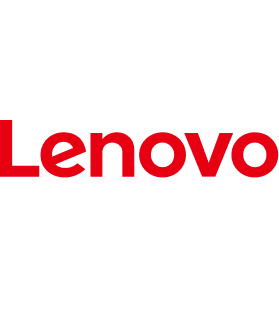MicroCloud: your open source cloud platform
MicroCloud is an open source cloud platform that you can build in minutes, and use to manage operations with ease. With MicroCloud, you can focus on delivering value, not navigating complexity.
Deploy a fully functional open source cloud platform in minutes:
What is a MicroCloud?
Learn more about Canonical’s lightweight open source cloud platform in our video.
What scale is a MicroCloud?

MicroCloud starts with a single node, but at least 3 nodes are recommended for high availability.
Easily extend your open source cloud platform in site size and scale from a single node to larger 50-node clusters.
Fast and scalable cloud infrastructure

“Currently we have 200 students; we’re aiming to grow to 2,000 in
4 or 5 years. I think MicroCloud is a great opportunity for us, as it can
scale very easily for our goals.
We are only three or four guys inside the Infrastructure team. What we wanted
was a single interface to manage everything, so that even one person can do
this work. It was also very, very, very important for us that the solution
would be compatible with the hardware we got in the past. And that’s why we
moved onto MicroCloud.”
Hugo Adjamagbo
IT Infrastructure and Security Architect
Université de l’Ontario Français
Why choose MicroCloud?
Are you looking for an open source cloud platform? MicroCloud delivers – it's scalable, security-maintained, simple, and efficient.
Straightforward development
Install MicroCloud with a few simple commands. No complex setup. No custom tooling. Turn compute, networking, and storage into a lightweight clustered infrastructure without hassle.
Operate with low overhead
MicroCloud was made for minimal maintenance. Snap-based packaging provides supported, isolated components and fluid updates. Keep your cloud stable without heavy operational work.
Run on any environment
Use MicroCloud on production-grade servers, or lightweight hardware. Run on Ubuntu Server, or Ubuntu Core. Fit the environment you have.
Open source with enterprise-grade support
Our cloud platform is built using the very best open source components – LXD for virtualization, MicroCeph for software-defined storage and MicroOVN for software-defined networking. Reduce vendor lock-in. Add Ubuntu Pro for enterprise support when needed.
Key features
Highly available cluster deploys in minutes
Streamlined security upgrades
Runs virtual machines, or system containers for higher density
Remote authentication, projects, and fine-grained access control
Easily replicated at scale
A fully open source cloud platform
Commercial support available with Ubuntu Pro

How can you use a MicroCloud?
Data center infrastructure
When you need predictable costs for your infrastructure, control over your workloads, or full digital sovereignty, MicroCloud provides a scalable, efficient alternative to public cloud.
- Predictable infrastructure spending for enterprises via cost-stable internal clouds.
- Keep critical workloads on-prem and ensure data sovereignty for government and regulated industries.
- Easy-to-manage open source cloud platform, even for small operational teams.
- High resource efficiency without licensing overheads, ideal for AI and data-processing clusters.
Edge computing at scale
Organizations across various industries can use MicroCloud to run reliable edge services close to where data is created.
- Retail store infrastructure supporting POS, analytics and inventory on small servers with minimal site maintenance.
- Industrial factories hosting OT gateways, digital twins or machine-vision systems.
- Telco RAN and MEC sites running low-latency network functions in compact, high-available clusters.
- Branch banking systems delivering local processing for sensitive data on ATMs, authentication, and customer applications.
Efficient dev environment
MicroCloud is a lightweight open source cloud platform with robust multi-tenancy features. It can be used for realistic, disposable environments for rapid iteration.
- Spin up lightweight and constrained disposable testing environments.
- Simulate or test complex infrastructure processes.
- Model how your workloads would run in production.
- Safely experiment with new technologies.
Integrate with the best hardware vendors
Ubuntu works with a number of hardware vendors specialized in edge computing server equipment. Contact us to discuss working with your preferred vendors.







Get Canonical MicroCloud.
Self-deployed or Canonical-deployed? Choose the option that suits you best, and start your MicroCloud planning today.
Self-deployed
You deploy Canonical MicroCloud yourself by relying on product documentation and tutorials . Once deployed according to requirements outlined in documentation, you may choose to purchase and attach Ubuntu Pro for enterprise support, compliance, security maintenance, and patching.
Canonical-deployed
We deploy Canonical MicroCloud for you. Together, we select the design and hardware that best suits your use case and requirements. We will share our best practices and hand over the cloud to you once it’s built, tested, and validated by us.

